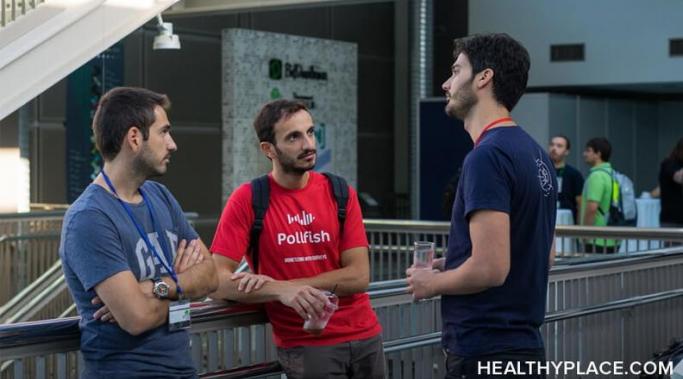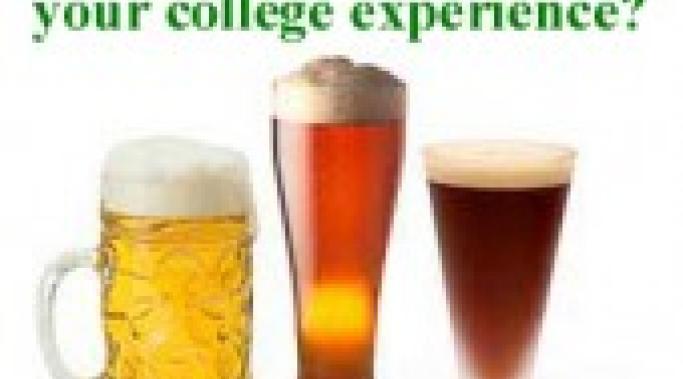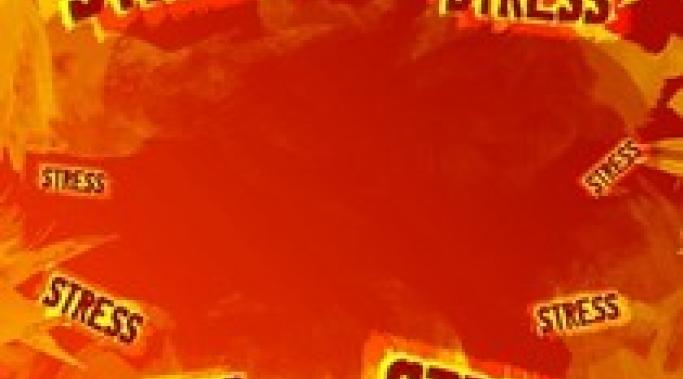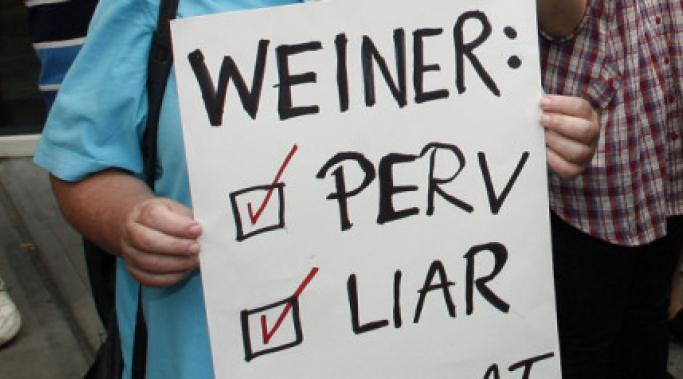People ask me how I plan to continue in recovery without AA and without practicing the 12-step program. I never have an easy answer. I have been to AA, know the steps, and understand the benefit of community, but I had to find my own path in recovery without AA. I took time to think about what helped me get sober and helped me stay sober, and realized that many of the 12-step principles are present in my recovery without AA.
Debunking Addiction
I was reading a study that basically was saying that partying isn’t a requirement for happiness in college. My first thought: well sure it’s not essential, but it was definitely a huge part of my college lifestyle and I thought I was happy because of it. It made me feel like a belonged, had confidence, and could let go of all stress from life when I drank. Fortunately I have learned in recovery that it was really all a rouge, and mask to real self confidence and having choices in this world.
As an activist, I find research is an inspiration for a lot of my writing, and is important to share to show trends of research, treatment, prevention and to help create conversations on topics that need more awareness. When I saw the article called “Heavy Drinkers Have Poor Dietary Habits,” my first gut response was a resounding DUH. Not the most professional response, I know.
I took off a week off blogging, and after a mini breakdown of anxiety and panic attacks, I wanted to discuss in detail the importance of self care, and healthy coping skills not only in early sobriety, but in life as well. I will be on vacation next week and feel really passionate about this topic so I did two vlogs to talk about struggles, healthy coping skills, self care, and how it is important to take care of ourselves before we can help anyone else. I hope you enjoy and look forward to coming back in two weeks refreshed from my vacation off all media, internet and lounging by the pool in palm springs! If you want a funny puppy story definitely watch the second video :)
A few days following the death of Amy Winehouse, I am still at a loss for words. When I read comments like “Well she had so many opportunities to recover,” it makes it even harder to explain why that bothers me. I feel a huge loss, for her family, friends, and this is a tragedy, just as it is a tragedy when this happens to anyone, from any background.
A new study has come out trying to shed light on the relationship between stress and alcohol, and that it is a bi-directional relationship. This isn’t the first study, nor will it be the last, on alcohol and stress. It is a very complex relationship, and often hard to study because it sometimes relies on anecdotal reports.
I called this blog debunking addiction because I wanted to debunk the myths surrounding addiction, as well as continue the work to de-stigmatize these struggles. Betty Ford epitomized this mission. Besides being a First Lady, she worked tirelessly to lessen the stigma attached to addictions, as well as fight for women’s health issues. She has been a voice in all of her struggles, whether with substance dependence and de-stigmatizing seeking professional treatment, or with breast cancer and the importance of mammograms. She was a beloved activist even before she became a First Lady, and continued to be admired and loved until her death, and her legacy will continue to live on.
Celebrations and holidays in sobriety weren't times I looked forward to in early sobriety. But this Fourth of July, the breeze was light, the sun was warm and the company was full of laughter, conversations, and joy. To be able to celebrate a holiday sober filled me with gratitude. A holiday in sobriety in which I felt really good was something to celebrate.
The lies our addiction feeds us can be dangerous, triggering, and something we need to be vigilant of in sobriety. When we get sober it is important to separate the voice of our addiction from our true, authentic voice.
When I first heard of Anthony Weiner seeking professional “help” I was ready to blow a cork. I am so done with hearing about politicians, celebrities, and professional athletes seeking treatment for what may very well be an excuse for bad behavior.








